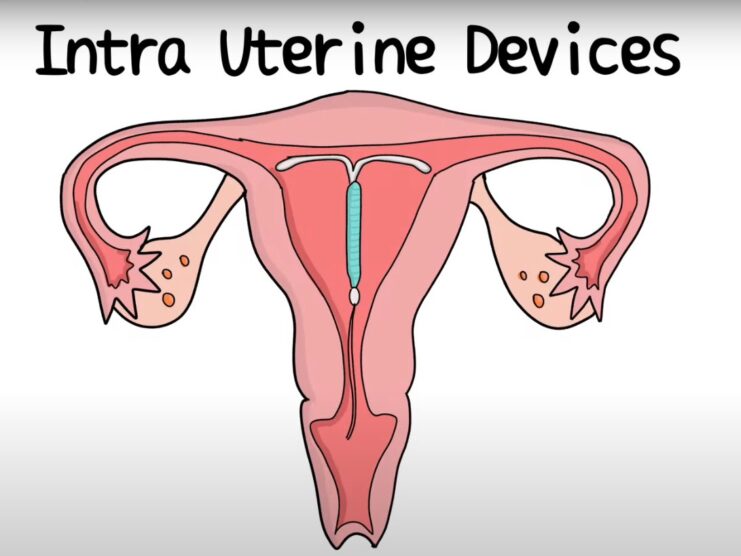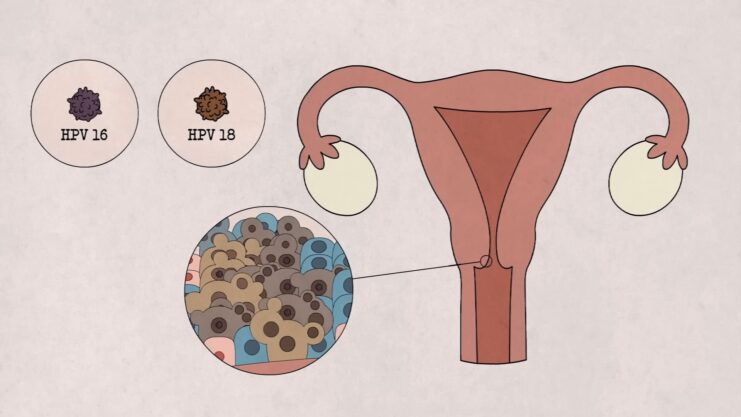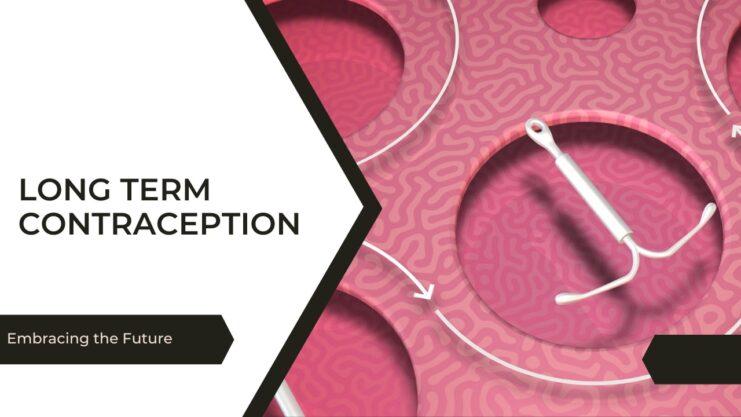Why should you consider long-term contraception, you ask? Well, let’s unravel the reasons one by one.
First off, LTC stands shoulder to shoulder with its short-term counterparts like the pill when it comes to success rates. It’s like having a reliable, long-term partner who’s got your back, day in and day out.
Secondly, imagine a world where you don’t have to remember to take a pill every day. Sounds liberating, right? That’s exactly what LTC offers. Once it’s set up, it’s like a silent guardian, providing protection for up to a whopping 5 years. It’s like setting a playlist on repeat, but instead of songs, you get years of worry-free protection.
Thirdly, let’s talk about the money matters. Yes, the initial investment in LTC might seem a bit steep, but think of it as a long-term investment. Over the course of 5 years, it could actually be lighter on your wallet than continuously buying short-term contraceptives. It’s like buying a season pass to a theme park instead of daily tickets – the upfront cost might be higher, but in the long run, you save a bundle.
Lastly, what if you decide you’re ready to start a family? Well, LTC has got you covered there too. With intra-uterine devices, you could be back in the fertility game in as little as a month. And with the implant, your fertility bounces back to normal as soon as it’s removed. It’s like hitting the pause button on a movie – when you’re ready to play again, you pick up right where you left off.
So there you have it – the compelling case for long-term contraception. It’s reliable, convenient, cost-effective, and flexible. What more could you ask for?
The Magic of Hormonal Intrauterine Devices (IUDs)

Imagine a tiny device, a silent sentinel, that resides in your womb and provides up to 5 years of contraception. That’s exactly what a hormonal IUD does. This little marvel, infused with the hormone progesterone, works by regularly releasing small doses of the hormone, making the womb lining unsuitable for implantation.
It’s like a gardener who diligently keeps the soil from being fertile. So, even if fertilization were to occur, the uterus would not be ready to welcome the embryo, and implantation would be unsuccessful.
One popular example of a hormonal IUD is the Mirena IUD. It’s like the star player in the team of long-term contraceptives.
The Power of Implants
Next up, let’s talk about the contraceptive implant. This is a small, flexible tube that is discreetly inserted under the skin of your upper arms. It’s like having a secret agent working for you, providing contraception for up to 3 years. Similar to the hormonal IUD, it releases small amounts of progesterone into your body, making the womb lining unsuitable for implantation. Implanon is a well-known example of this type of contraceptive.
The Copper IUD: A Non-Hormonal Option

For those who prefer a non-hormonal option, the copper IUD is a perfect choice. This device provides long-term contraception for 3-5 years. It’s like a bouncer at a club, causing a chemical change that damages the sperm and the egg before they can meet. Additionally, the device’s presence in the uterus tricks the body into thinking an embryo has already implanted onto the womb lining, making it much less likely for a real embryo to implant.
A Word of Caution
While long-term contraception can be highly effective, it’s important to remember that no method is 100% foolproof. There’s always a small risk of pregnancy. If you discover you’re pregnant while using LTC, don’t panic. Simply make an appointment to see your doctor for further advice.
Side Effects and Health Considerations

Every contraceptive method can have side effects, and it’s important to be aware of them. For instance, hormonal IUDs and implants can cause irregular periods, headaches, or mood changes in some women. Copper IUDs might lead to heavier periods and more menstrual cramping. Discussing these potential side effects and how they can be managed would be beneficial.
The Role of Healthcare Professionals
You could emphasize the role of healthcare professionals in the process of choosing and implementing long-term contraception. This includes the initial consultation, the insertion procedure for IUDs or implants, and the follow-up appointments to ensure everything is working as it should.
The Importance of Regular Check-ups

Even with long-term contraception, regular check-ups are crucial to ensure the device is still in place and working correctly. It’s also an opportunity to discuss any concerns or side effects with your healthcare provider.
The Role of Long-Term Contraception in Managing Other Health Conditions

Some long-term contraceptives, like hormonal IUDs, can also help manage certain health conditions, such as heavy periods or endometriosis. This dual functionality could be another reason for some women to consider these options.
The Importance of STD Protection

Finally, it’s crucial to note that while long-term contraception methods are excellent at preventing pregnancy, they do not protect against sexually transmitted diseases (STDs). Only condoms can provide this protection, so it’s important to consider this aspect in your sexual health strategy.
Final Thoughts
Long-term contraception offers a variety of options to suit different needs and preferences. Whether you choose a hormonal IUD, an implant, or a non-hormonal copper IUD, you’re investing in a method that provides years of protection, convenience, and peace of mind. However, always remember to consult with your healthcare provider to choose the method that best fits your lifestyle and health needs. After all, your body is your temple, and you are its best caretaker.












